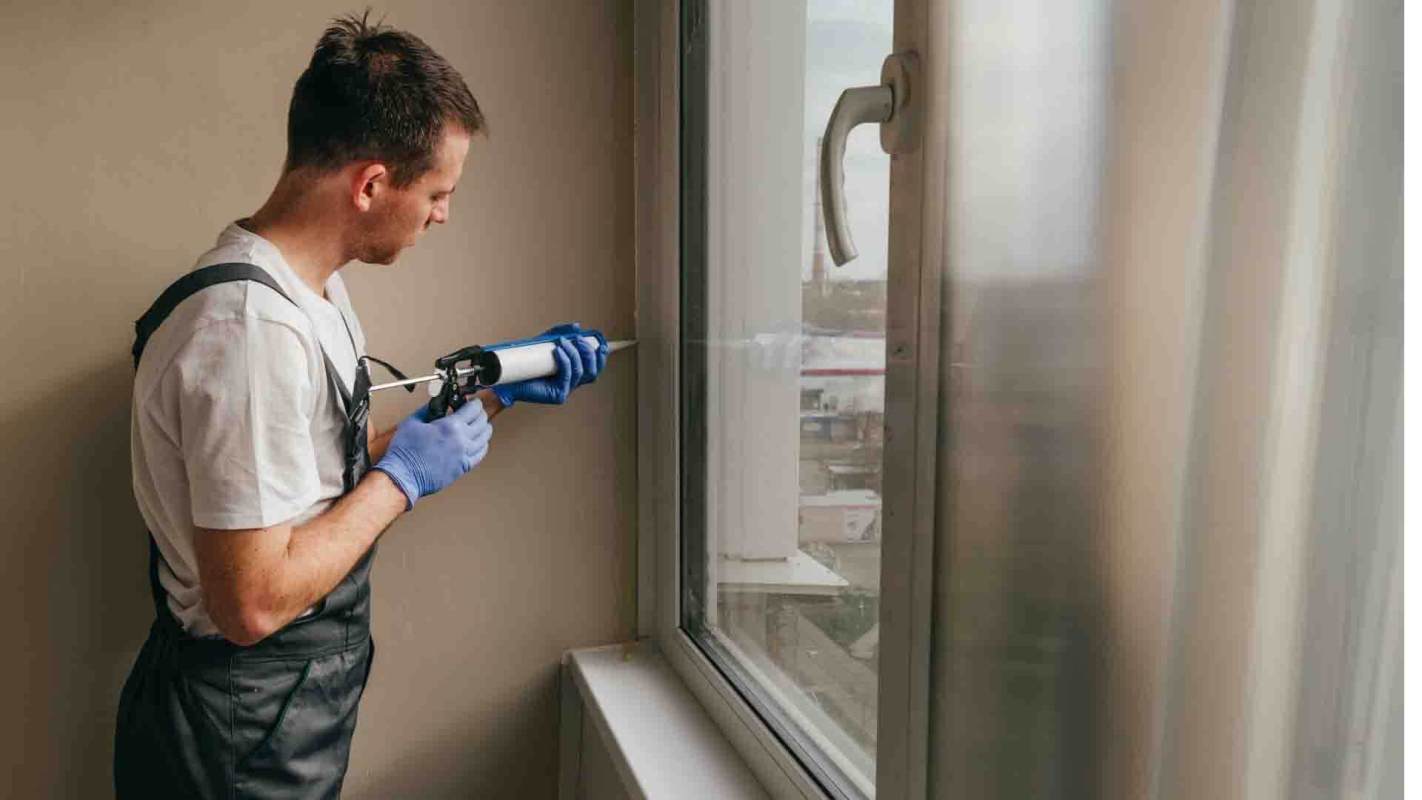When one Reddit user posted asking for help with how to keep their father warm in his new studio without breaking the bank, the community delivered.
As the original poster explains, their dad suffers from anemia as a result of kidney disease and has a harder time generating body heat and staying warm.
"His electric bill was $75 in November, and $150 now in December. And it's only been dipping into the 20s at night. This weekend we have negative temperatures coming," they say in the original post. "Advice or suggestions on keeping it warmer for cheaper would be helpful."
The community on r/frugal came through with several great ideas.
"Heated mattress pad. Heated throw for the couch or chair. Pennies to run," one user suggests.
It's true. On average, electric blankets and pads are much cheaper to operate. This also means they're better for the environment, as they require far less energy from the local power grid.
Another Redditor adds, "Try getting him an electric infrared heater to replace the space heaters. They are more efficient."
This is also correct. Generally, space heaters are only able to convert 80-90% of the power they draw into heat, whereas infrared heaters can convert almost 100%, which means energy and cash savings in the long run.
The electric blanket is a great, affordable option, but it can only heat one person at a time. If you need to warm multiple people in a space, the infrared heater may be a better choice.
Another Reddit user suggests tackling the frigid air at the source.
"Get in there with a caulking gun and fill in any cracks around windows, between walls and baseboards, and so on," they write. "Doesn't matter if you rent — no one is going to notice proper seals."
This may be a do-at-your-own-risk for renters, but for homeowners or anyone with permission from the property owner, caulking is a great suggestion that will improve the home's ability to retain precious heat and maximize warmth produced by any means.
One suggestion you should never adhere to, however, is using your electric or gas stove to heat your home. It's extremely dangerous, and there are plenty of safer alternatives to try instead.
Want more? Follow The Cool Down on Instagram and join our Weekly Newsletter for cool stories and easy tips that save you money, time, and our planet.








